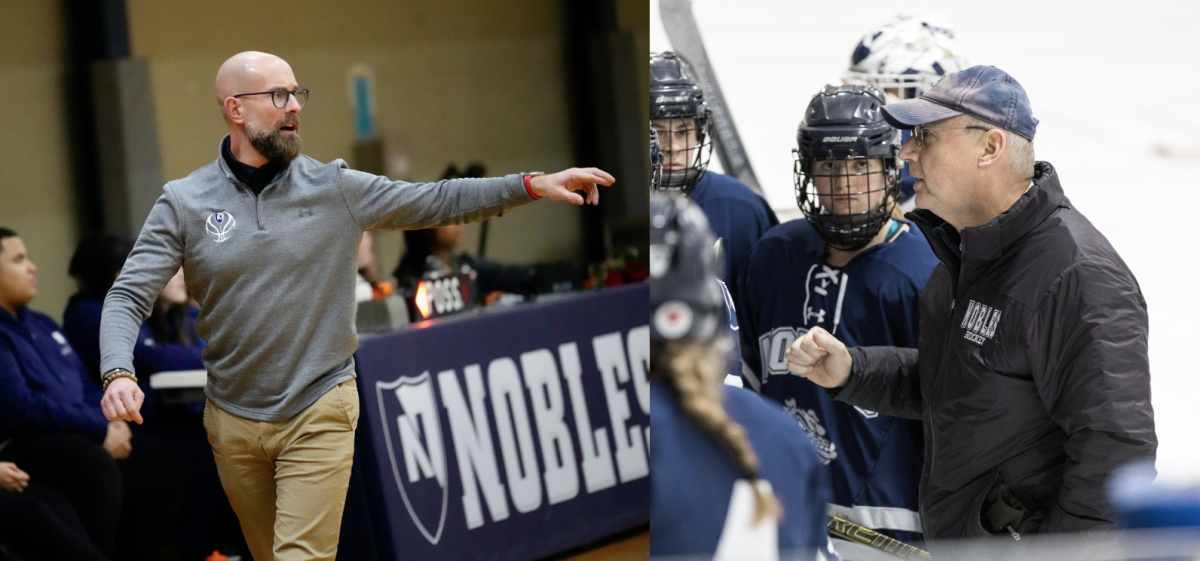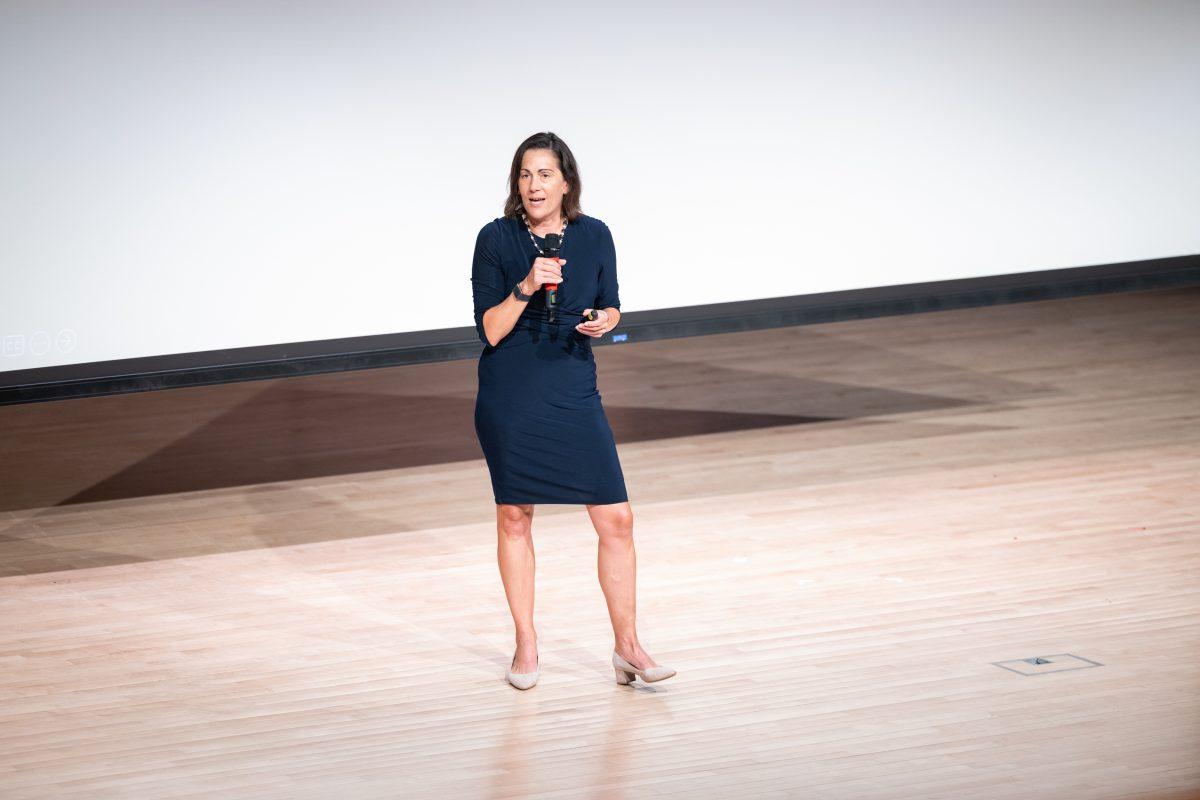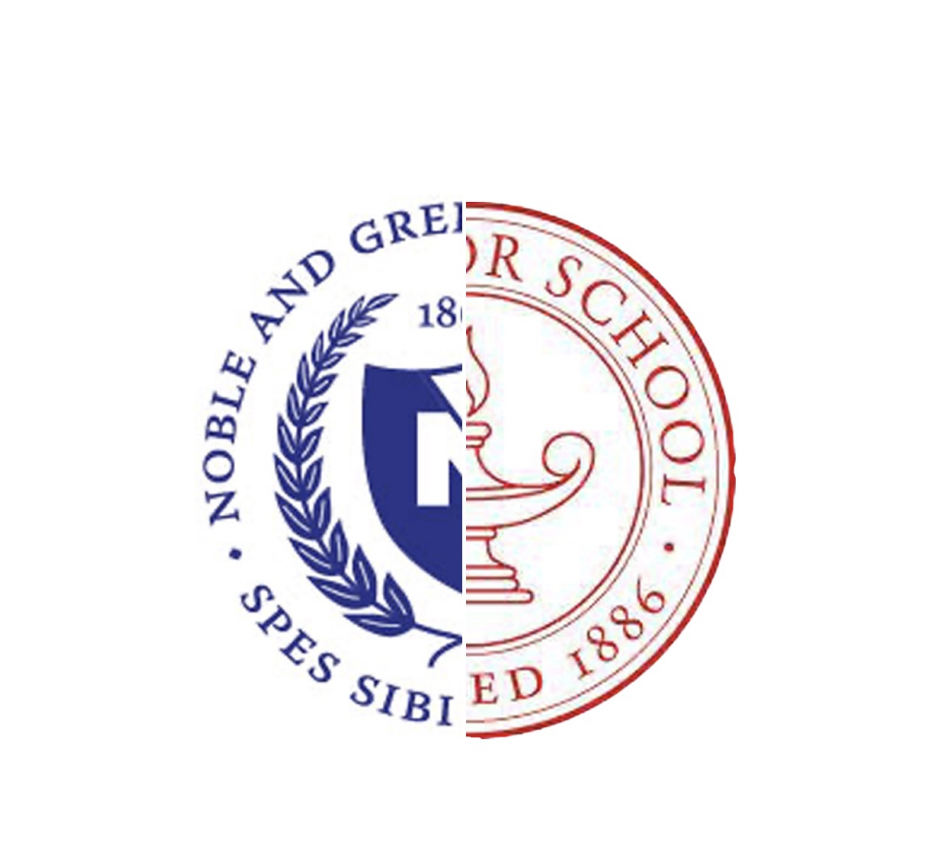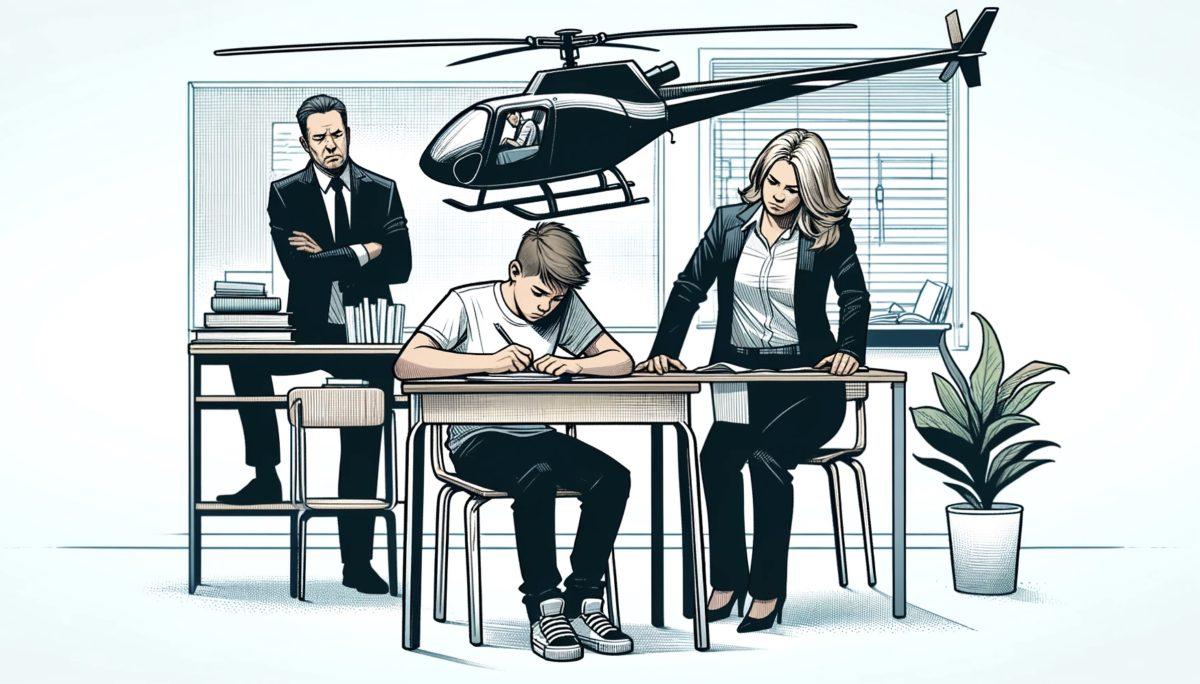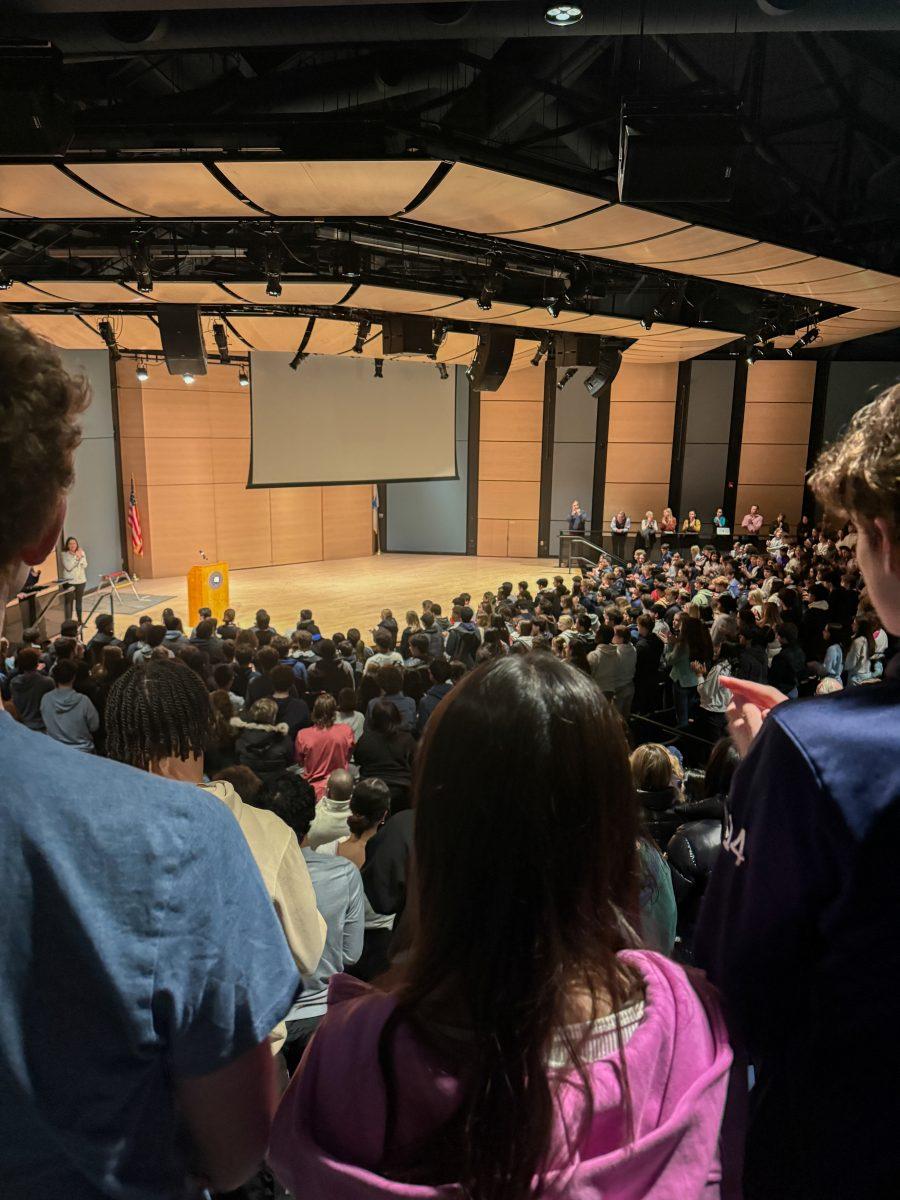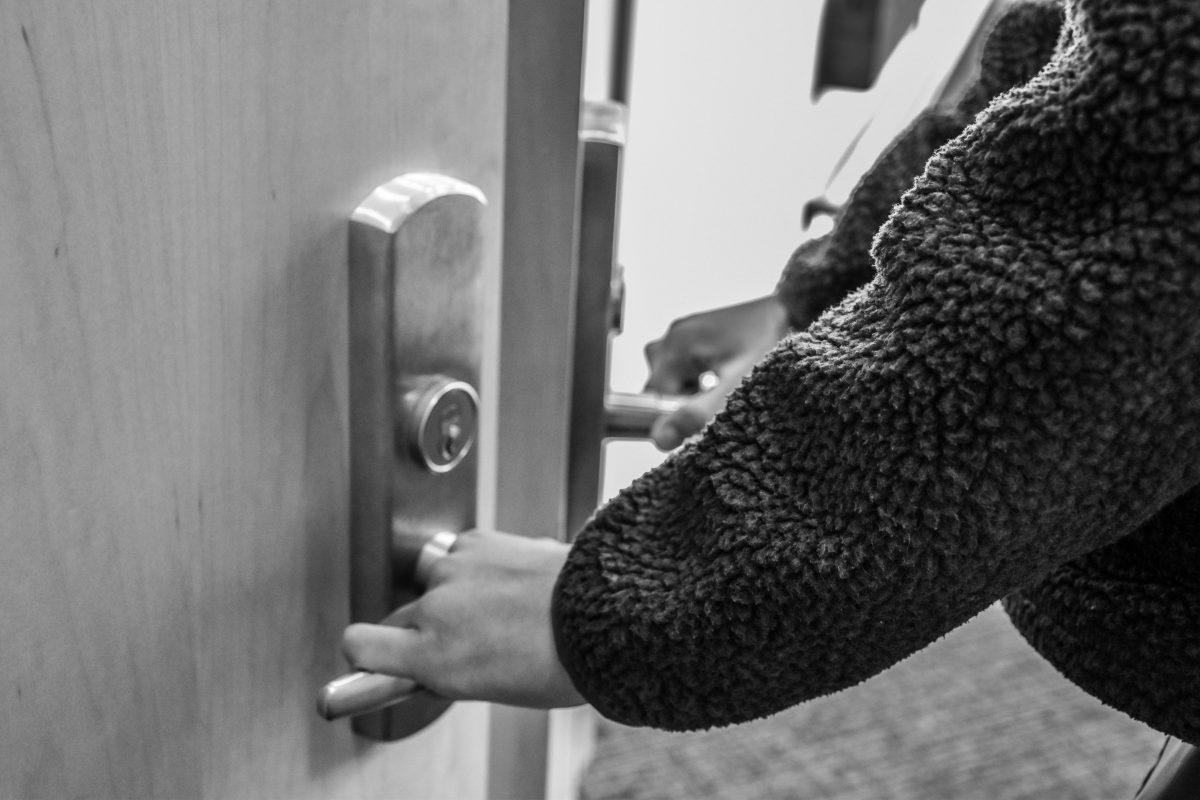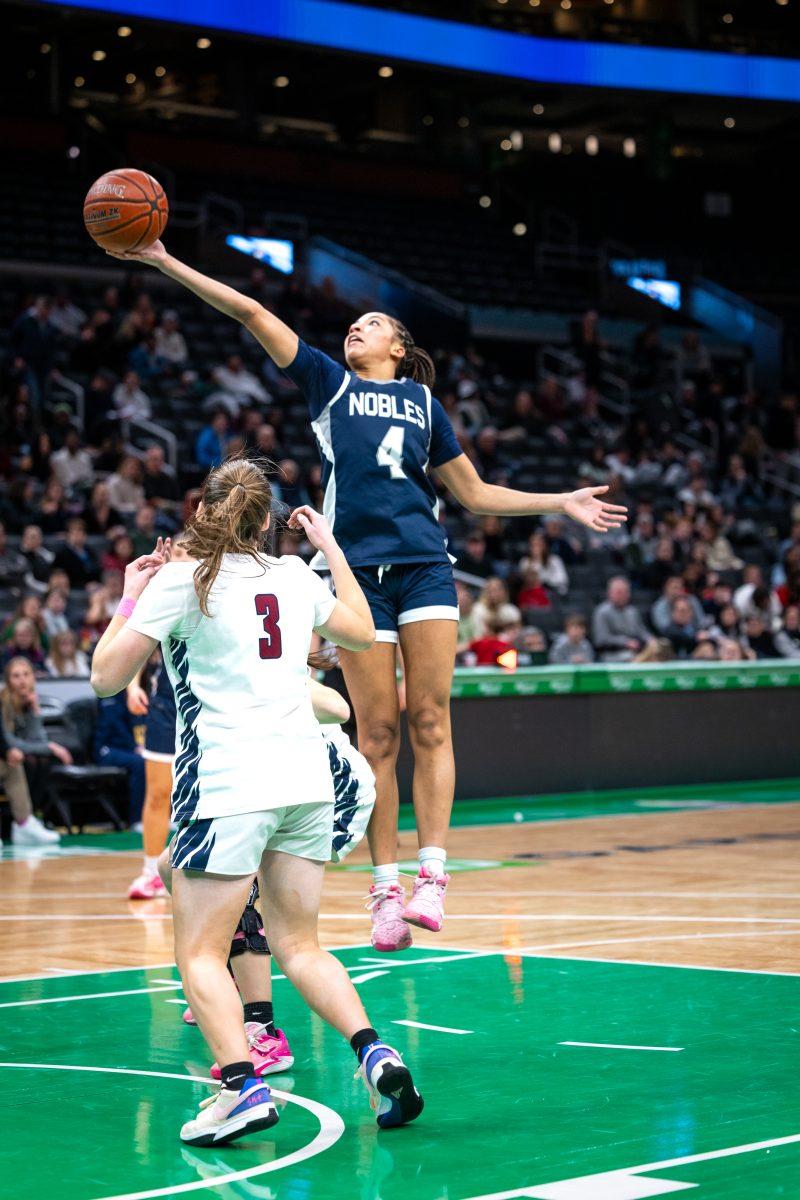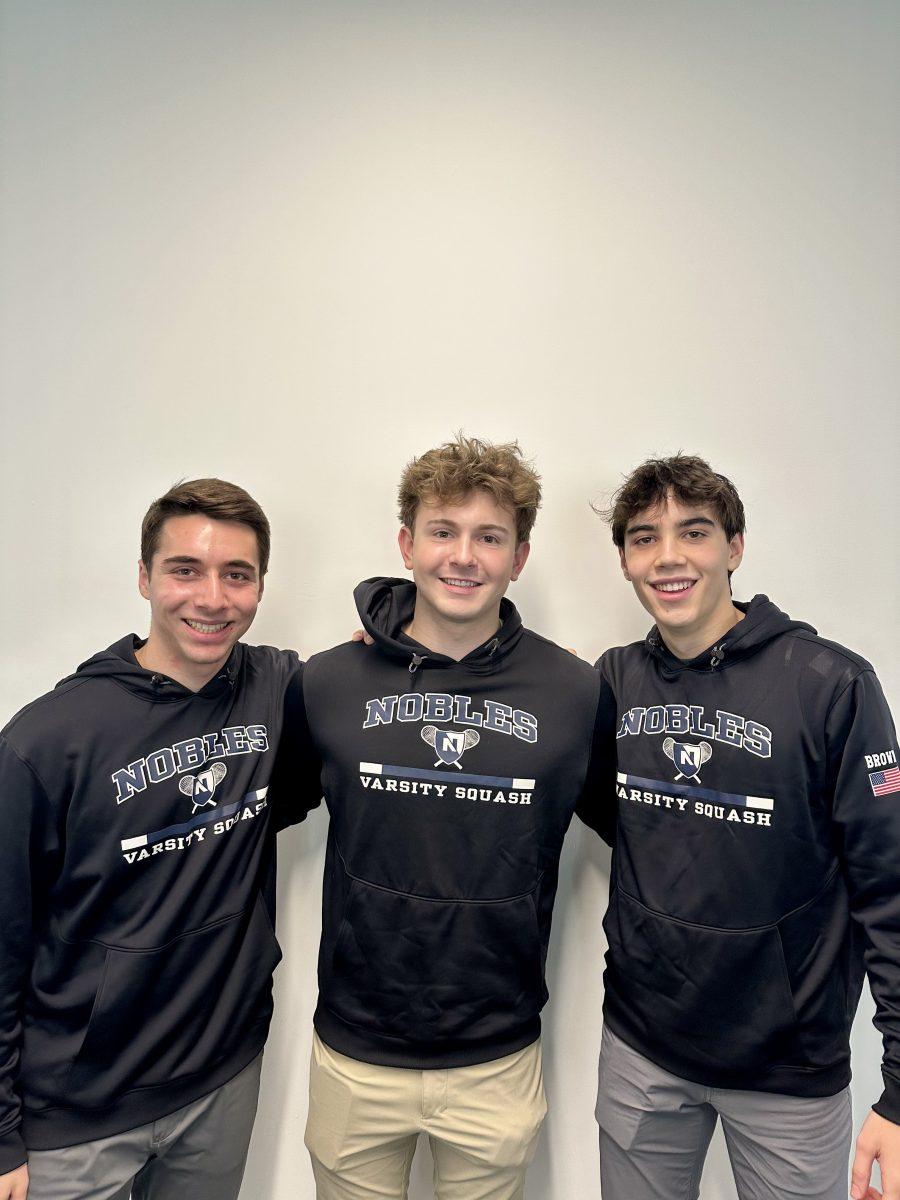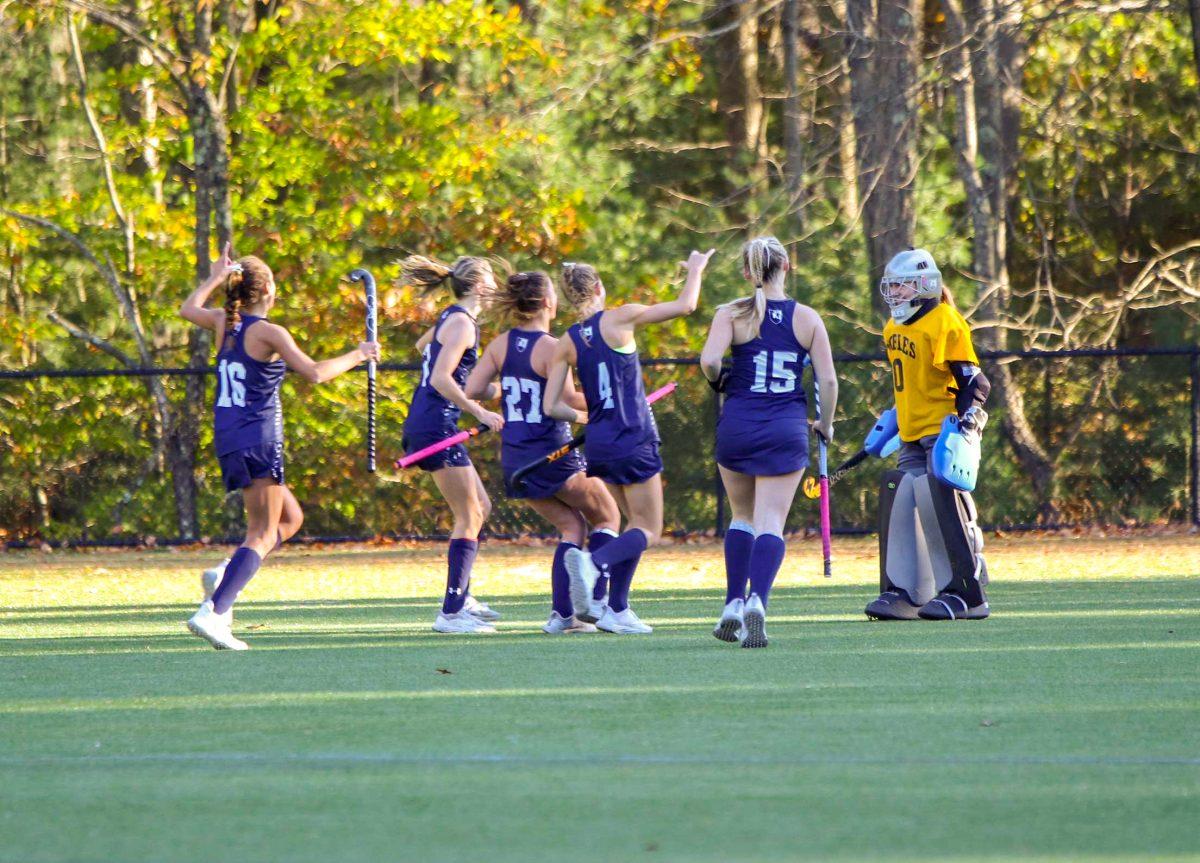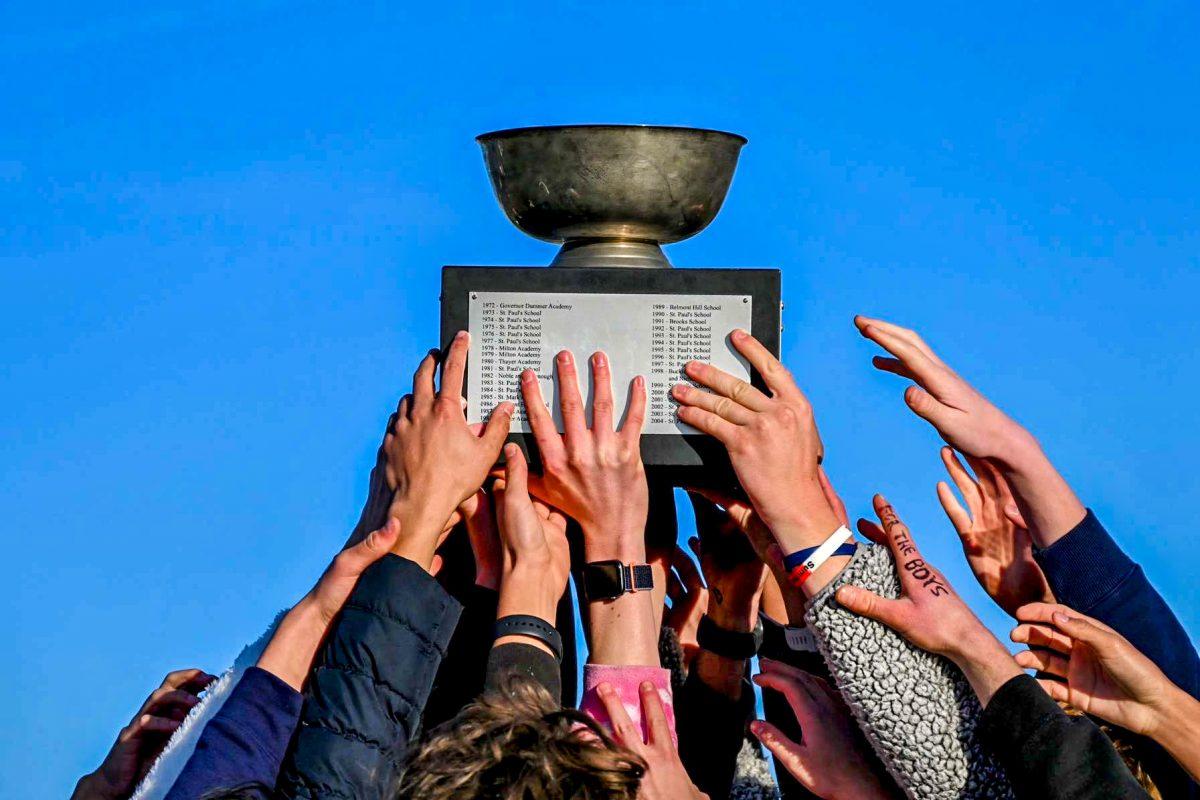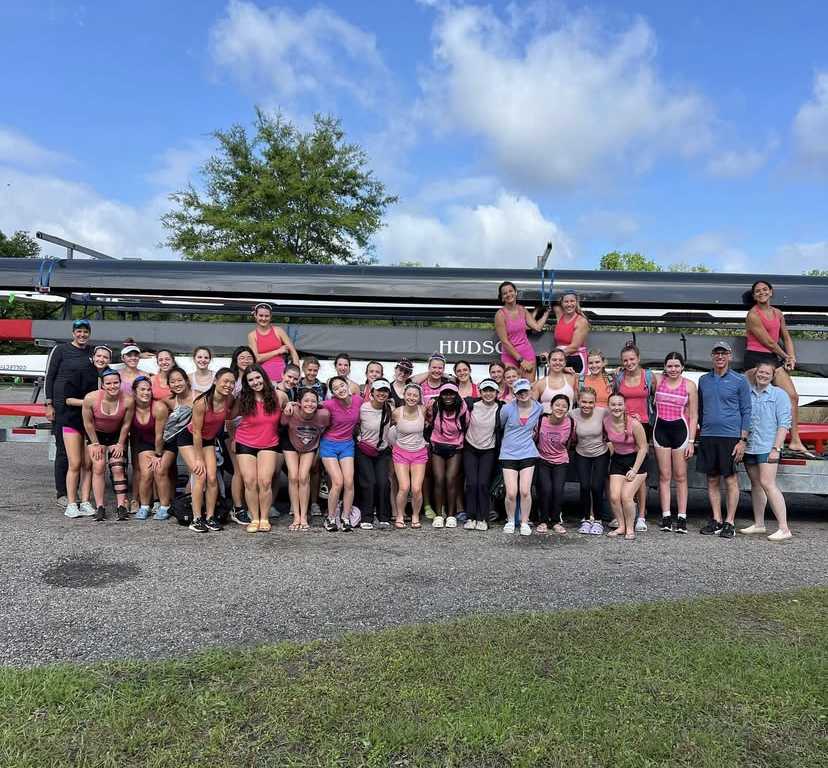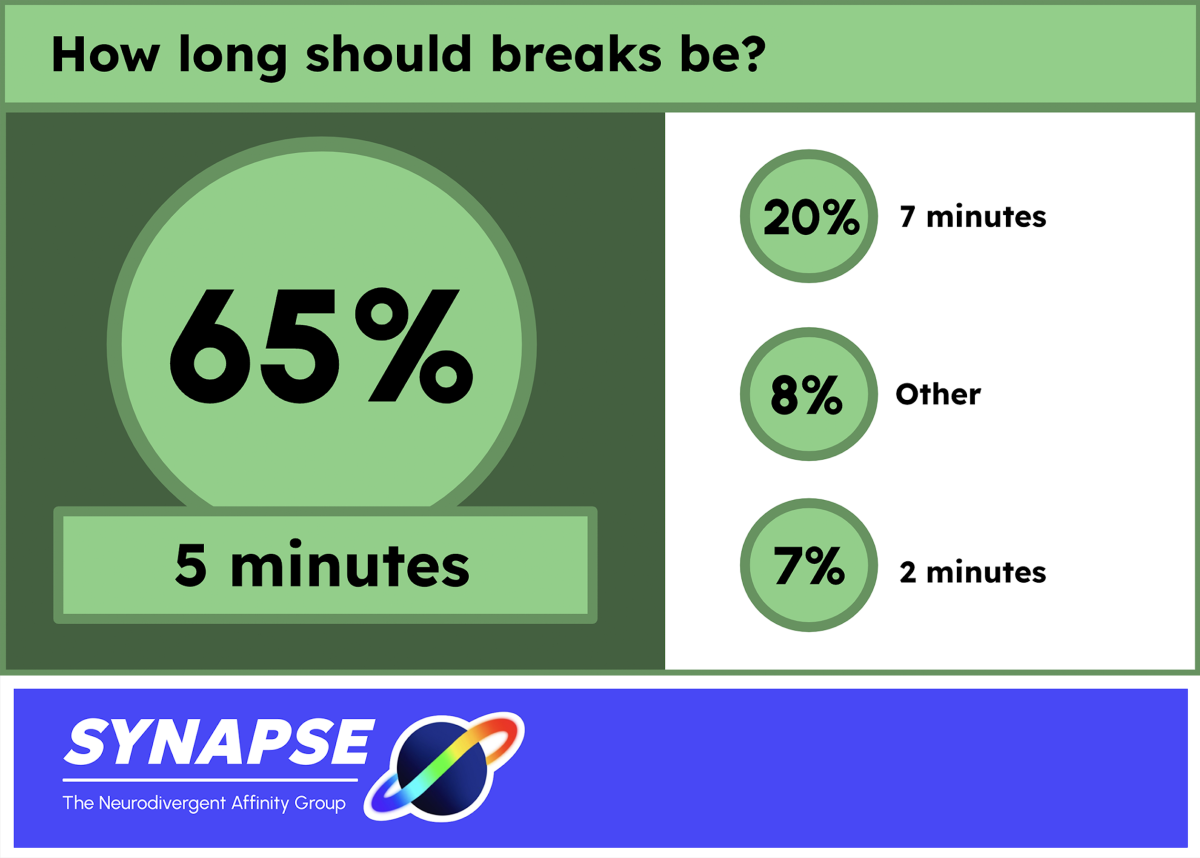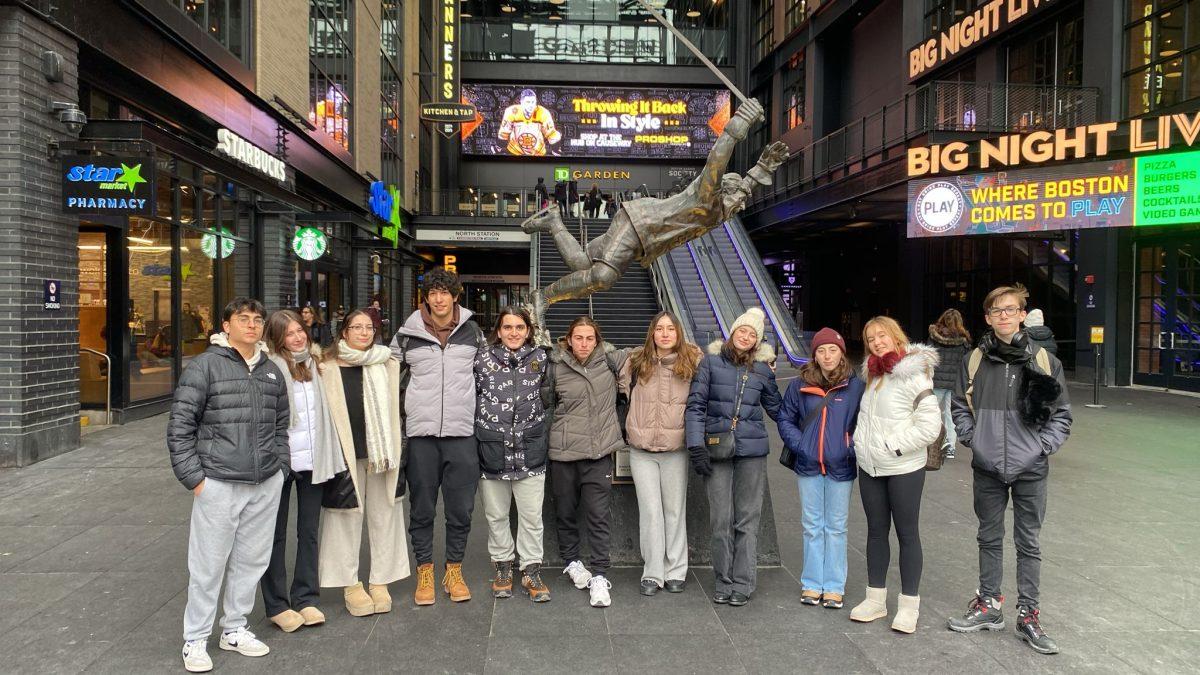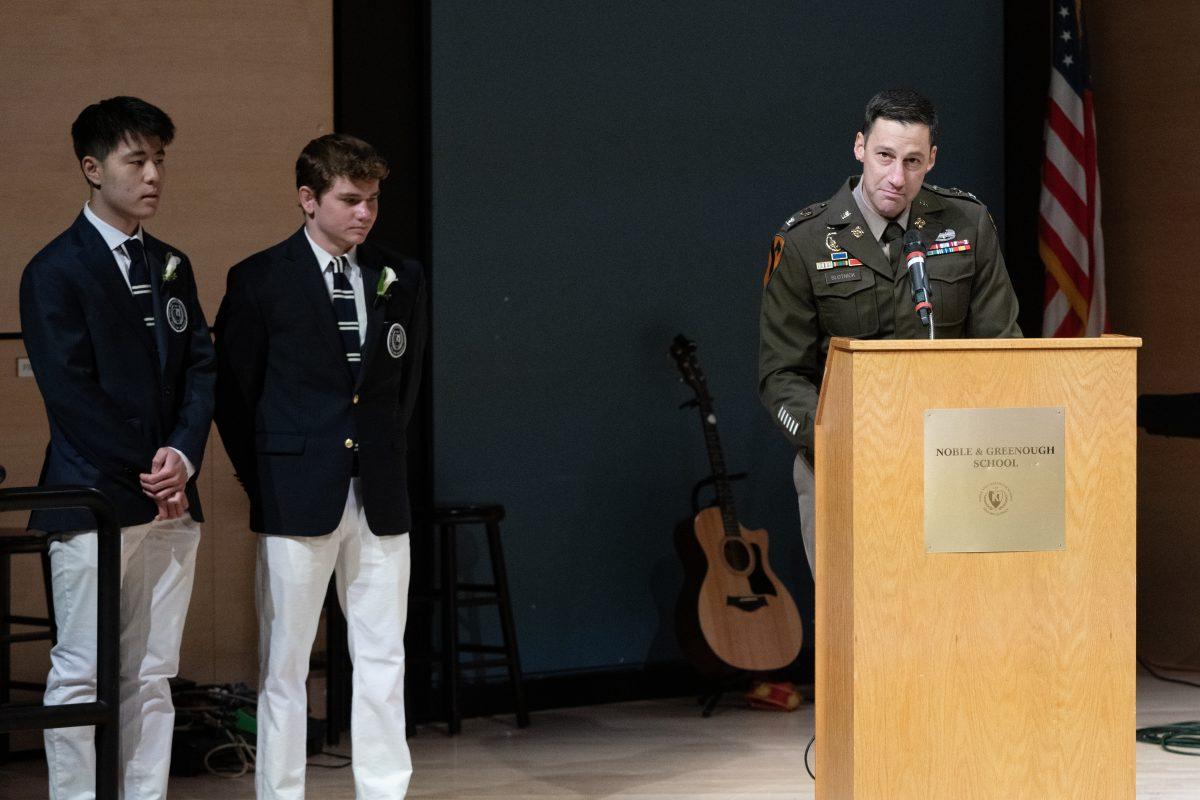For years, spring break trips for varsity spring teams have been a major factor for athletes, offering not only high-level training in warmer climates but also a chance to bond with teammates, build chemistry, and kick off the season on a strong note. Going into next year, however, this tradition will come to an end, leading students to worry about whether their teams can maintain the same level of athletic competitiveness
Perhaps the most important parts of these trips are the sense of community and team bonding that come out of them. By spending days on a trip together, teammates build connections that are hard to emulate just through practices. “My sophomore year, we went to L.A., and during the trip, we’d play cards, and we practiced at USC. It was cool to see their facilities and some of the players. These kinds of things bring the team together,” Boys Varsity Baseball Captain Emilio Manz (Class I) said. In creating this sense of camaraderie, the team is able to perform better together, bolstering skills like communication and leadership. However, this bond also extends beyond the sport. “You have people you can talk to, whether you feel stressed about academics, or not being able to manage a varsity sport and academics,” Tessa Lewis (Class I), a captain of the Girls Crew Team, said. While these spring trips provide students an outlet to make new friends and develop connections, Athletic Director Alex Gallagher (N ’90) shares a slightly different perspective. “When you go on an EXCEL trip like Rwanda or China or other places, you’re mixed with kids that you don’t normally spend time with. It’s not your normal cohort. When you’re doing a sports trip, while it’s still really valuable and awesome team bonding, it’s not accomplishing that same goal,” Gallagher said. These trips undoubtedly provide unprecedented opportunities for teams to connect. However, this divide in perspectives between Gallagher and team captains demonstrates the potential consequences of eliminating these trips.
“My sophomore year, we went to L.A., and during the trip, we’d play cards, and we practiced at USC. It
was cool to see their facilities and some
of the players. These kinds of things
bring the team together.”
The rationale behind this decision was rooted in financial goals. Spring training trips, while valuable to many teams, come with a high price tag—both for the school and for families. In recent years, there has been growing pressure to align the athletic program with the school’s broader goals around equity and accessibility. By spending critical dollars that could have been used for financial aid on these sports trips for a few Varsity teams, the school loses significant money to fund other aspects of Nobles that are open to more students. “[Spring trips were] really detracting from EXCEL opportunities for kids, and affecting those numbers, and that is a big institutional priority for us,” Gallagher said. While spring training trips benefited a relatively small number of athletes on select varsity teams, EXCEL trips are designed to be more inclusive, offering opportunities to a broader range of the student body. In redirecting funding from athletics to EXCEL, the school hopes to increase the number of students who can participate in these formative, off-campus experiences. “We started to support these mini trips that a lot of our teams do, where they might travel to Western Connecticut or New Jersey or Maryland to seek good quality scrimmages in areas where the weather’s a little bit better,” Gallagher said. In doing so, the school has started to look for a balance between funding EXCEL and creating competitive athletic opportunities for spring teams. In addition, it is important to note that these trips were exclusively for spring teams. This undermines Nobles’ fundamental principle of equality.
For many of the captains, getting rid of spring training trips negatively impacts the players and the team as a whole. “I don’t think getting rid of the trips is the right decision. I think the team trips are huge for team bonding. They allow you to get really close to others whom you haven’t really talked to before. It really helps build a team of players who love one another,” Boys Varsity Lacrosse captain Colin Kenney (Class I) said. By living together for days on end, these trips develop a sense of connection, as mentioned earlier, that frankly cannot be emulated elsewhere. Moreover, this decision also hurts Nobles’ prestigious college matriculation. “The college stats that the recruits give the school make Nobles seem appealing to prospective families, and so by taking away these athletic trips, it will hurt this matriculation,” Lewis said. Lewis’s words reveal that getting rid of these training trips has the potential to disrupt athletes and other students at Nobles. For athletes, these trips provide an opportunity to prepare for recruiting season and gain awareness from coaches. Terminating these trips hurts this possibility. To this extent, the decision to eliminate the spring trips may have some unforeseen effects.
“I don’t think getting rid of the trips is the right decision. I think the team trips are huge for
team bonding. They allow you to get
really close to others whom you
haven’t really talked to before.”
The decision to end spring break training trips reflects a deeper divide between students and the administration, threatening to undermine a foundational goal of community. For athletes and captains, these trips have been critical, serving as a space for team bonding, personal growth, and preparation for the season. For administrators, the focus, however, lies in expanding access and ensuring equity across the student body. As spring teams head forward, the challenge for the administration now is not choosing one over the other, but finding new ways to maintain Nobles’ goals of community for all.


